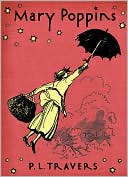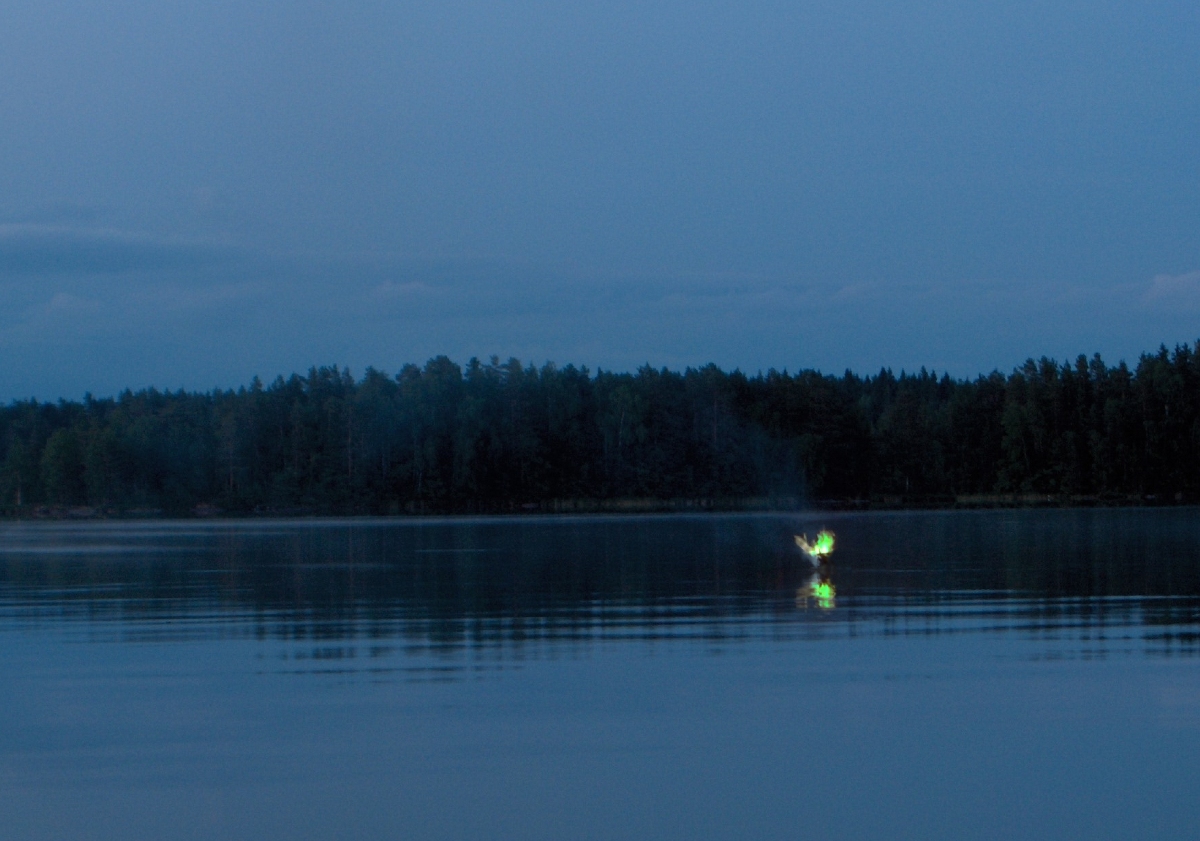Reading Questions
 |
| by Mary Shepard |
- (When I read the words of Miss Abbot and Bessie, I can't help but hear in my mind the voices of the cook and servant in the Banks' house from Mary Poppins.)
- It's hard to gain an accurate perspective of a character--or any character--with a first-person narrative, because we can only see through her eyes. How can we learn the truth? What other books do you know where similar issues arise, yet you as the reader are able to glean the true nature of characters and situations?
- Jane is 10 and clearly prejudiced against her family, perhaps as much as the family is prejudiced against her. But Jane is also very intelligent. What could she do to get along better? More importantly, why doesn't she? (Consider the type of novel this is, which, really, shows more of the author than of Jane.)
- This early in the novel, the potential for conflict, complications, and character development are wide open. The Gothicism of the novel permits a level of the supernatural. This "red room" reminds me of a certain, more famous wardrobe--or perhaps a looking glass. As you read this chapter, what is there of the supernatural, and how might you justify its reality, rather than just dismiss it as tricks of the imagination?
- "...for if you don't repent, something bad might be permitted to come down the chimney and fetch you away." A chimney is an interesting thing, and quite a source for superstition--everything from Mary Poppins and Santa Claus to witches and chimney sweeps traverse these passageways. Most commonly, and before the advent of stoves and ovens, the hearth was the center of the home, much like the idealism that says a kitchen is that center today. Good things--though wrought from superstition--came down them (indeed, this is where the Jolly Old Elf has his true beginnings). But on the hand, there's a dark mystery to them, as much a portal as any wardrobe or mirror, and usually it's the bad stuff that goes out them, like, from the most basic, smoke. Chimney sweeps, far from the lucky shtick of Mary Poppins were the most unlucky kids around (see complimentary poems by William Blake below), and they went up chimneys. Witches did not escape through doors to perform their mischief, but through the chimney on their brooms. I've looked all over the place, and I can't find another example of something bad coming down the chimney, like what Miss Abbot suggests might come after Jane. I highly doubt this is deliberate juxtaposition (except maybe there's a superstition of something coming down the chimney that I haven't found yet), but what if that reversal were intentional and that something bad--contrary to all tradition--did come into the house or Jane's presence via the chimney? I've got some ideas, but none particularly well-formed. Thoughts?
- "Unjust!--unjust!" cries Jane, and then says that REASON brought about her complaint. What is the difference between reason and romance, and--pick one--how is she right or wrong in ascribing the value of her predicament to the former?
- A case for stepmothers: Why might it take an unnatural ("unnatural" like in the evolutionary context) empathy to truly care for a foster child "as one's own"?
***
The Chimney Sweeper, from Songs of Innocence
William Blake
When my mother died I was very young,
And my father sold me while yet my tongue
Could scarcely cry 'weep! 'weep! 'weep! 'weep!
So your chimneys I sweep, and in soot I sleep.
There's little Tom Dacre, who cried when his head,
That curled like a lamb's back, was shaved: so I said,
"Hush, Tom! never mind it, for when your head's bare,
You know that the soot cannot spoil your white hair."
And so he was quiet; and that very night,
As Tom was a-sleeping, he had such a sight, -
That thousands of sweepers, Dick, Joe, Ned, and Jack,
Were all of them locked up in coffins of black.
And by came an angel who had a bright key,
And he opened the coffins and set them all free;
Then down a green plain leaping, laughing, they run,
And wash in a river, and shine in the sun.
Then naked and white, all their bags left behind,
They rise upon clouds and sport in the wind;
And the angel told Tom, if he'd be a good boy,
He'd have God for his father, and never want joy.
And so Tom awoke; and we rose in the dark,
And got with our bags and our brushes to work.
Though the morning was cold, Tom was happy and warm;
So if all do their duty they need not fear harm.
The Chimney Sweeper, from Songs of Experience
William Blake
A little black thing in the snow,
Crying "weep! weep!" in notes of woe!
"Where are thy father and mother? Say!"--
"They are both gone up to the church to pray.
"Because I was happy upon the heath,
And smiled among the winter's snow,
They clothed me in the clothes of death,
And taught me to sing the notes of woe.
"And because I am happy and dance and sing,
They think they have done me no injury,
And are gone to praise God and his priest and king,
Who make up a heaven of our misery."




